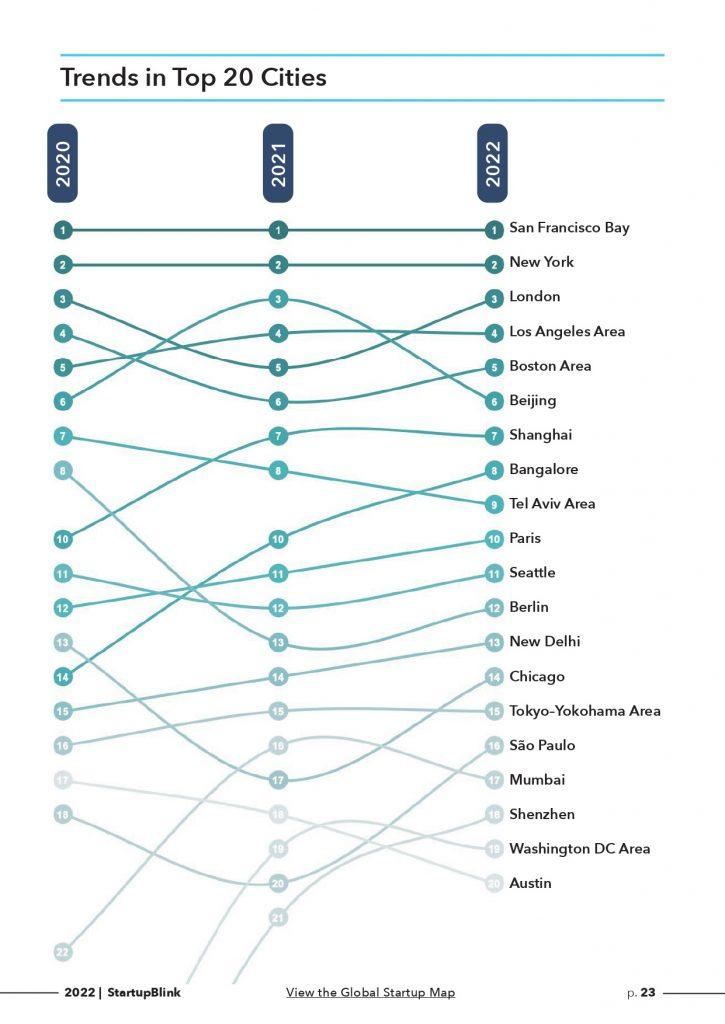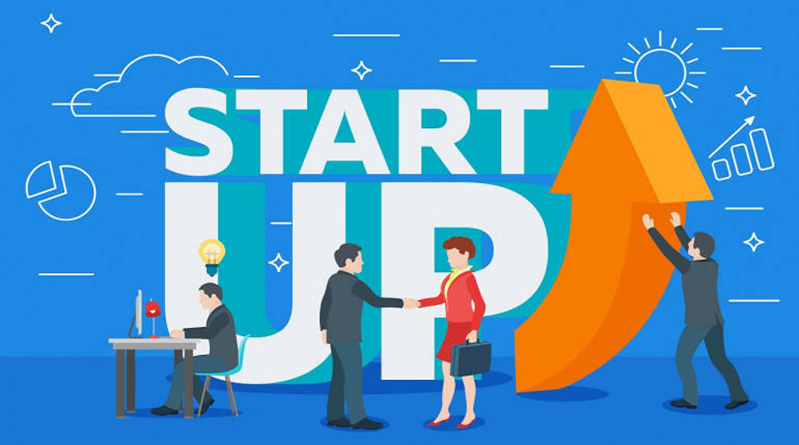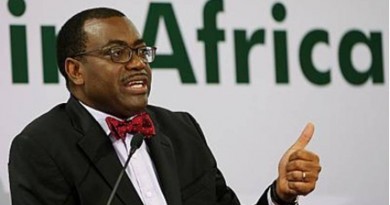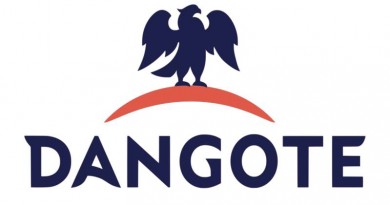Uncover Activities in the world’s top startup ecosystems
| This year’s Global Startup Ecosystem Index highlights some interesting shifts in the global top 10 cities for startups. Below you can find an indepth look at the change of momentum of the top startup ecosystems: |

| San Francisco remains the most prominent global ecosystem by a massive margin. However, the trend of San Francisco losing its relative power continues, as the city gap in total score has constantly narrowed over the years toward the closest contender, New York, and the rest of the top 10. For reference, in 2019, the total score of San Francisco was 5 times higher than New York. This year, the gap is only 2.5 times higher. The second highest ranked city, New York, has held second position since 2017, and is also in a league of its own. With a total score 1.7 times higher than the third ranked city, it retains a score gap that will be hard to close in the short term. The cities ranked 3rd to 6th have a relatively low total score gap from one another, creating an interesting competition. London jumped 2 spots to take 3rd position in the index. London has managed to soar past both Beijing and Los Angeles this year, showing the strength of this inspiring city. It is also the only non-US city in the global top 5.Ranked 4th this year is the powerful ecosystem of Los Angeles, holding its position in the Index. Ranked 5th is Boston, increasing its position by one spot, and demonstrating its success in several startup industries, primarily Healthtech. The biggest decrease in the top 10 was registered by Beijing, the top ranked Chinese ecosystem, dropping 3 spots to rank 6th globally. After years of increase in the Index, it seemed reasonable that Beijing would close gaps with New York and threaten to capture second place. This year has substantially reversed Beijing’s positive trend. Last year, we coined the term “Big 7” to describe the group of cities that have established a massive gap from all other global startup ecosystems. This year, the club has narrowed to the “Big 6” we have presented so far. Shanghai, the second ranked Chinese Ecosystem, maintained its position at 7th globally, but is separated from the 6 leading cities by a substantial gap in total score, which now makes it much closer to the ecosystems ranked below. Ranked 8th, Bangalore is the strongest startup ecosystem in India, increasing by 2 spots this year and solidifying its position in the global top 10 cities. At 9th, Tel Aviv is the central ecosystem in the startup nation of Israel. Tel Aviv has decreased by one spot this year, but is still going strong in the top 10. Paris, ranked 10th, has made it to the top 10 after increasing by one spot this year, guarding its position as the top EU city. DOWNLOAD THE FULL STARTUP ECOSYSTEM REPORT 2022 STARTUP ECOSYSTEM OF THE WEEK This week we bring the spotlight to Seoul, South Korea’s top ecosystem. We are happy to launch Seoul’s Ecosystem Portal as well this month! Below are some key insights from our Index: Seoul is positioned in the top 10 of the Asia Pacific region. Seoul is a global leader in the Hardware & IoT industry in which it ranks 12th worldwide. It is also ranked in the top 20 globally in the Social & Leisure and Ecommerce & Retail industries. Along with government support and corporate involvement, venture investment has also poured into South Korea and more notably in Seoul in recent years. OASIS (Overall Assistance for Startup Immigration System) provides support and start-up visas for tech-based companies. Seoul Business Agency (SBA) is a business support institution for SMEs(Small and Medium-sized Enterprises) run by the Seoul Metropolitan Government >> Find out more about Seoul |




